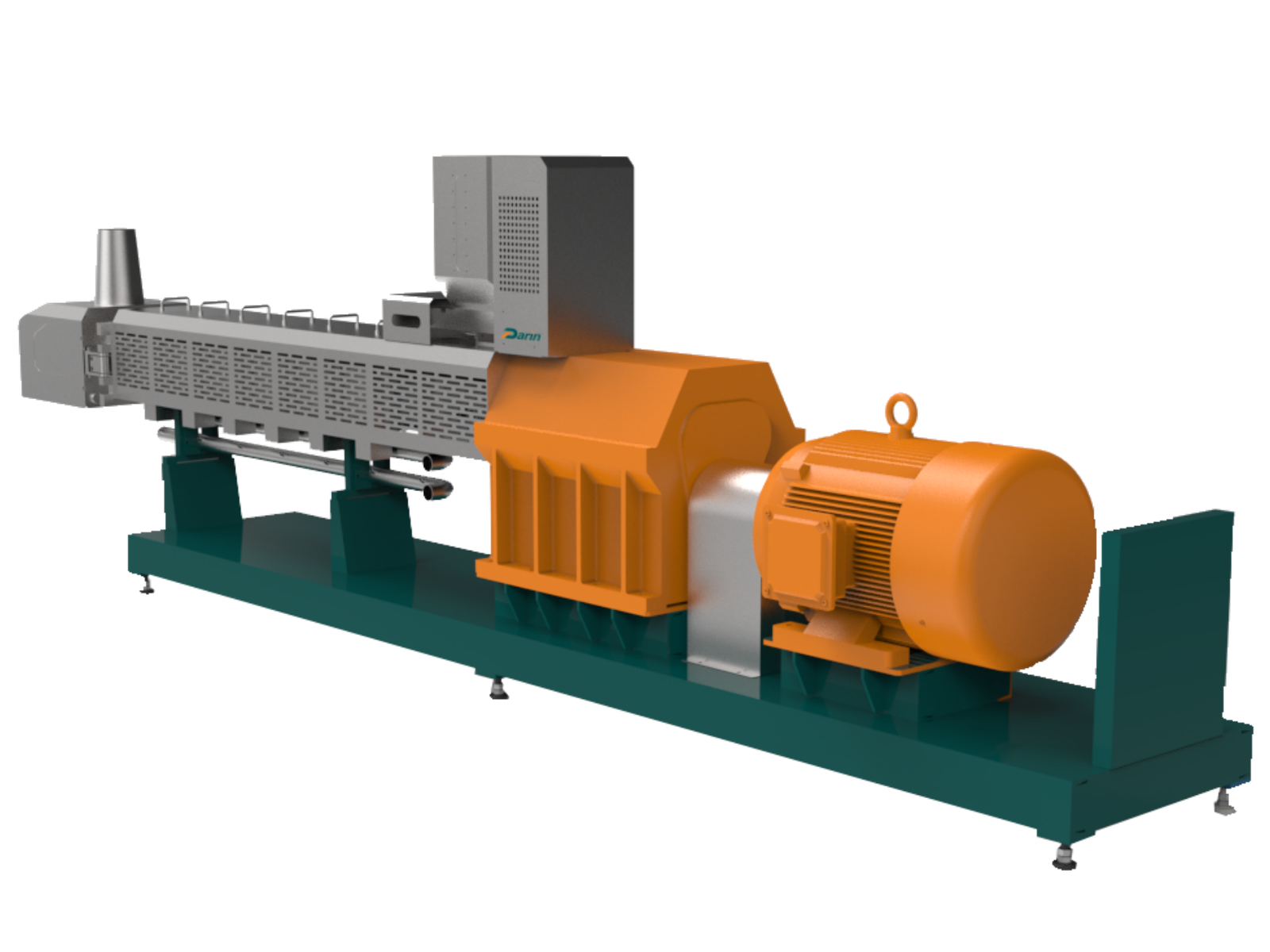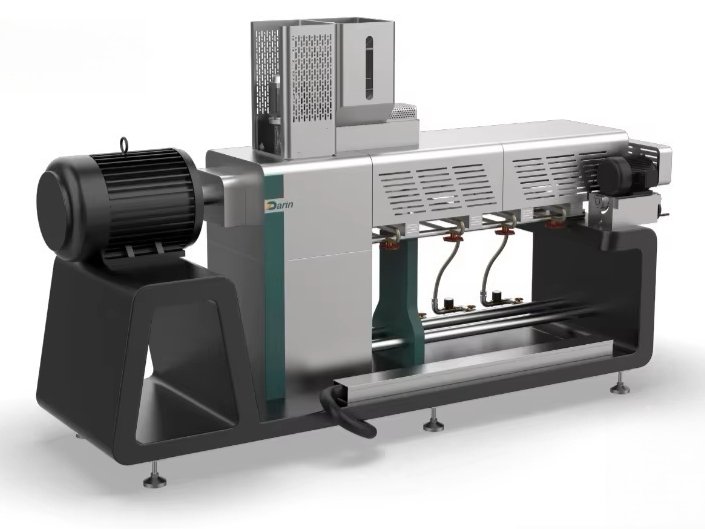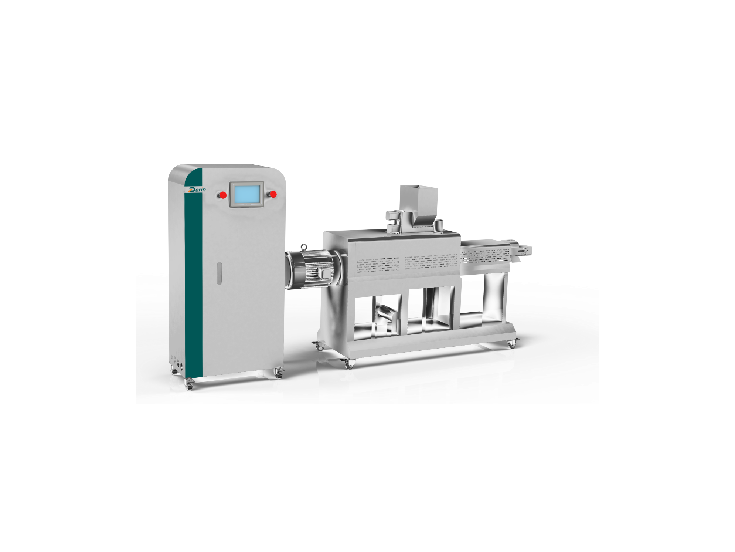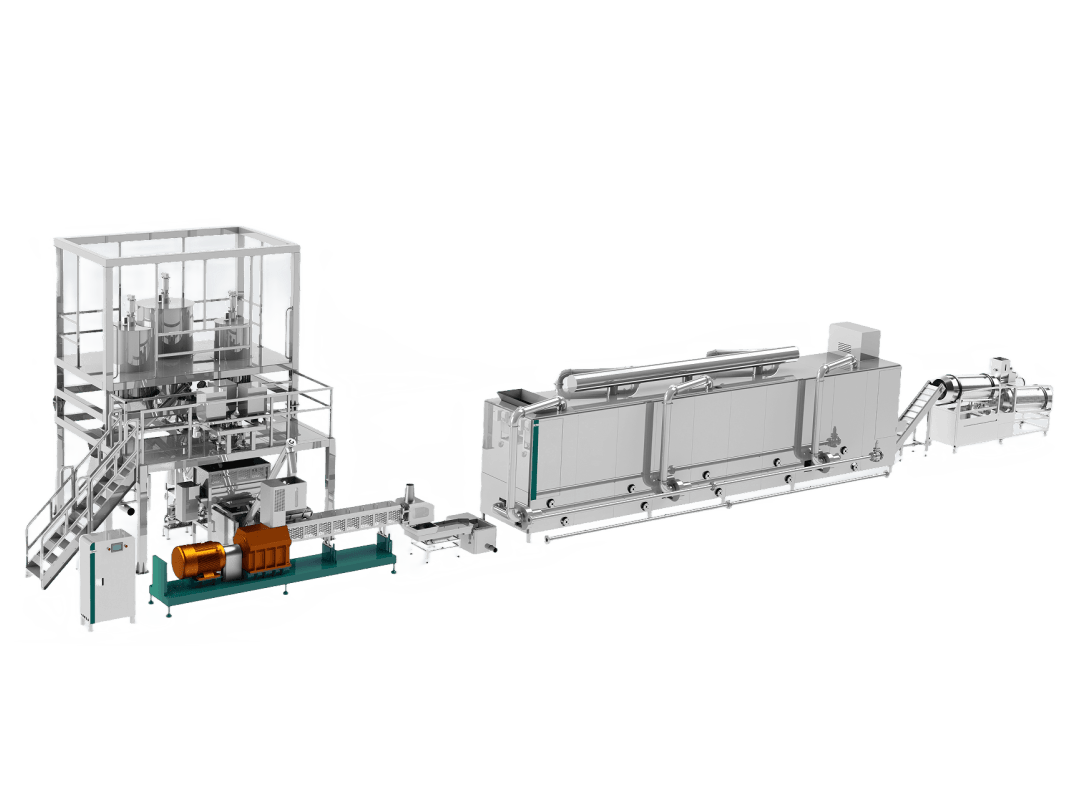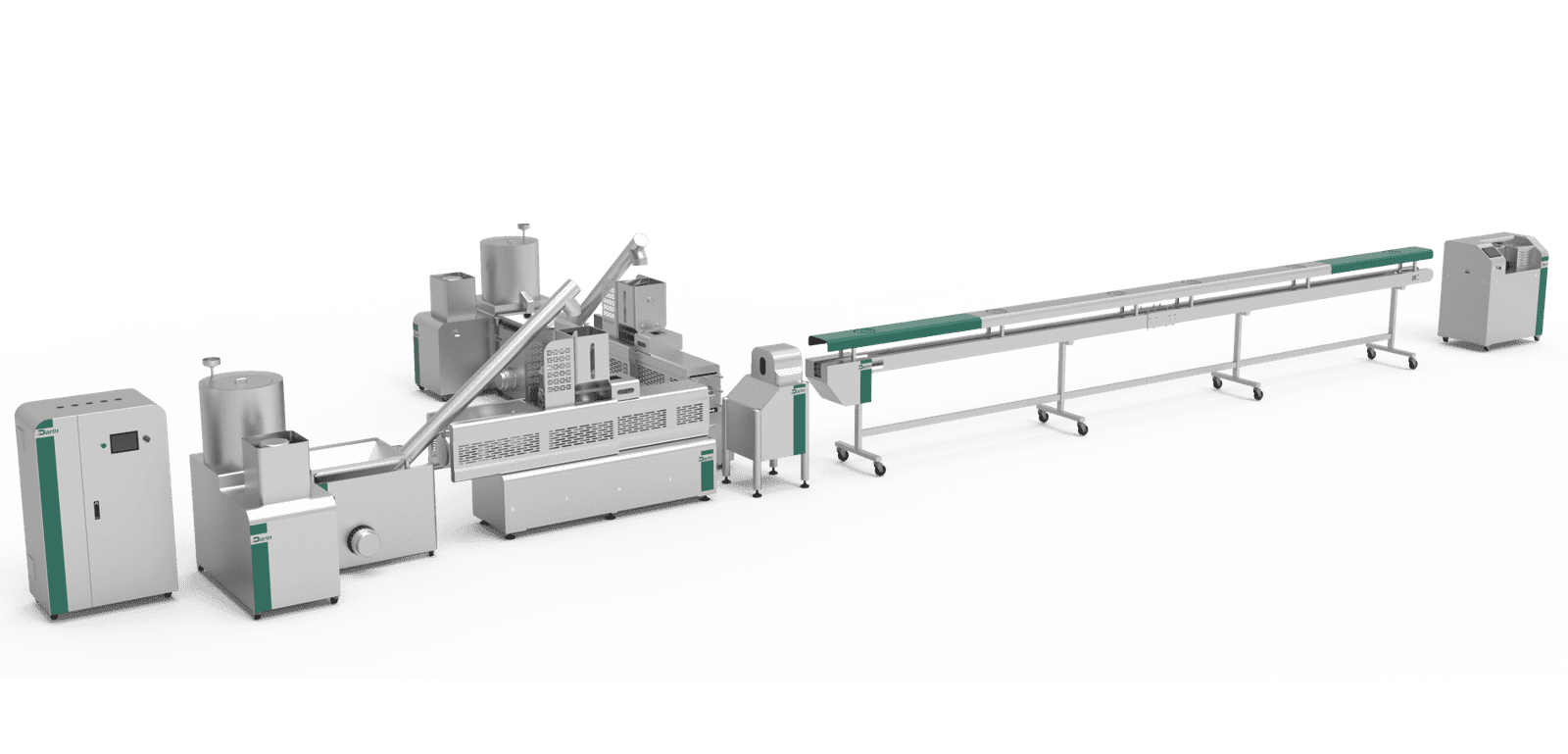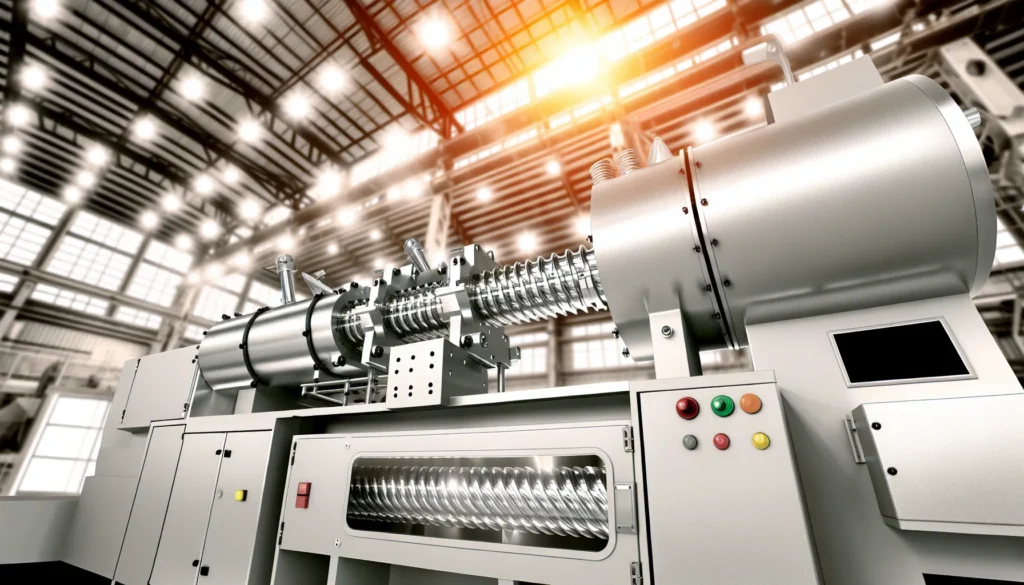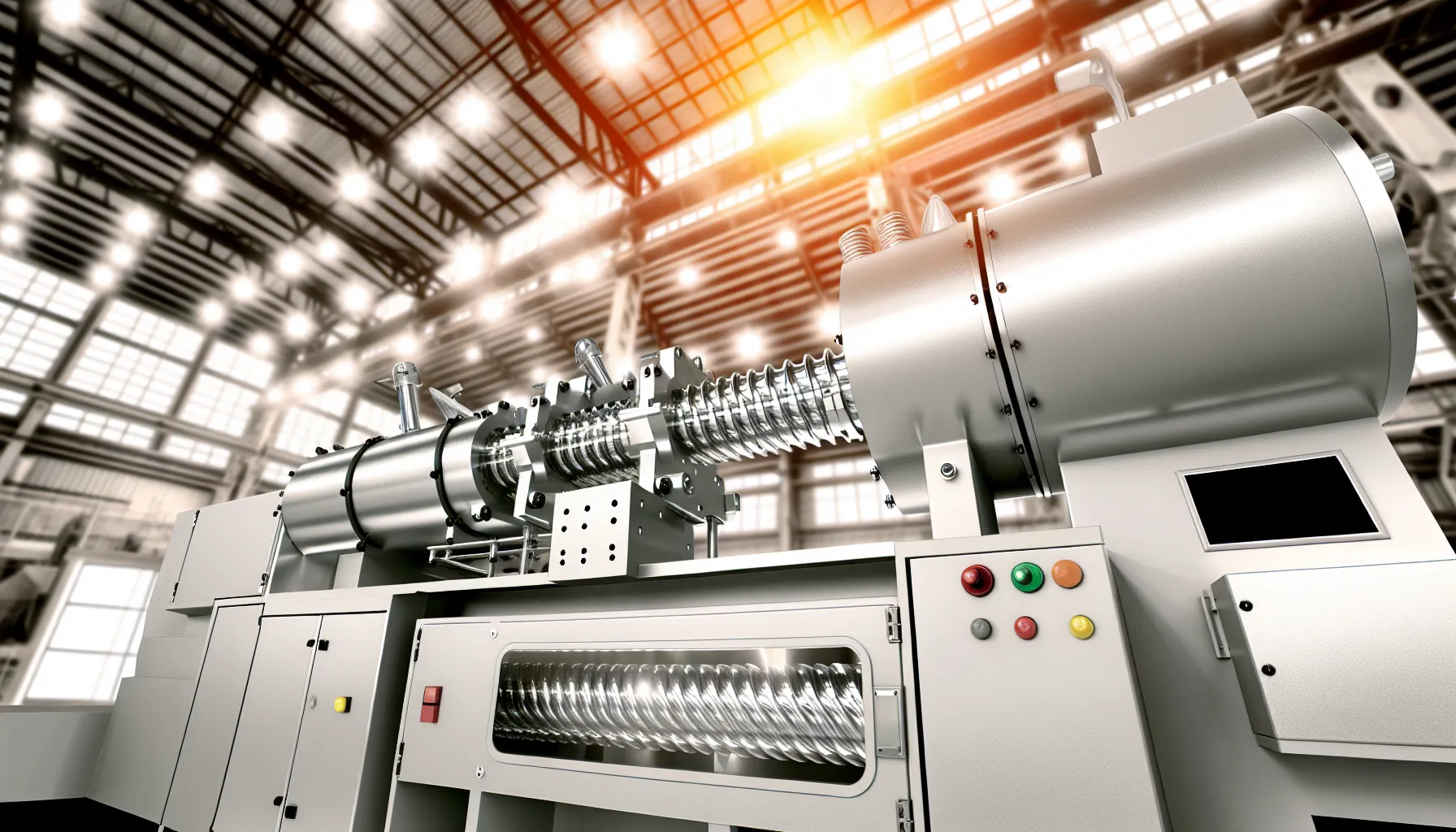
Choosing the right equipment is like choosing the right partner in life—it can make or break your success. Let’s delve into the world of twin screw extruders, where precision meets innovation.
Twin screw extruders offer superior mixing capabilities, enhanced control over processing conditions, and increased flexibility compared to single screw extruders, making them ideal for complex production processes requiring precise material blending.
But there's more to the story! Join me as we uncover the deeper benefits of twin screw extruders, explore their diverse applications, and see how they can truly revolutionize your production line.
Twin screw extruders offer superior mixing capabilities.True
They provide enhanced mixing due to intermeshing screws, improving material blending.
What Industries Benefit Most from Twin Screw Extruders?
Twin screw extruders have revolutionized multiple industries by enhancing production efficiency and product quality. But which sectors benefit the most from this technology?
Industries such as plastics, food, pharmaceuticals, and chemicals greatly benefit from twin screw extruders due to their ability to handle diverse materials and complex processes efficiently.
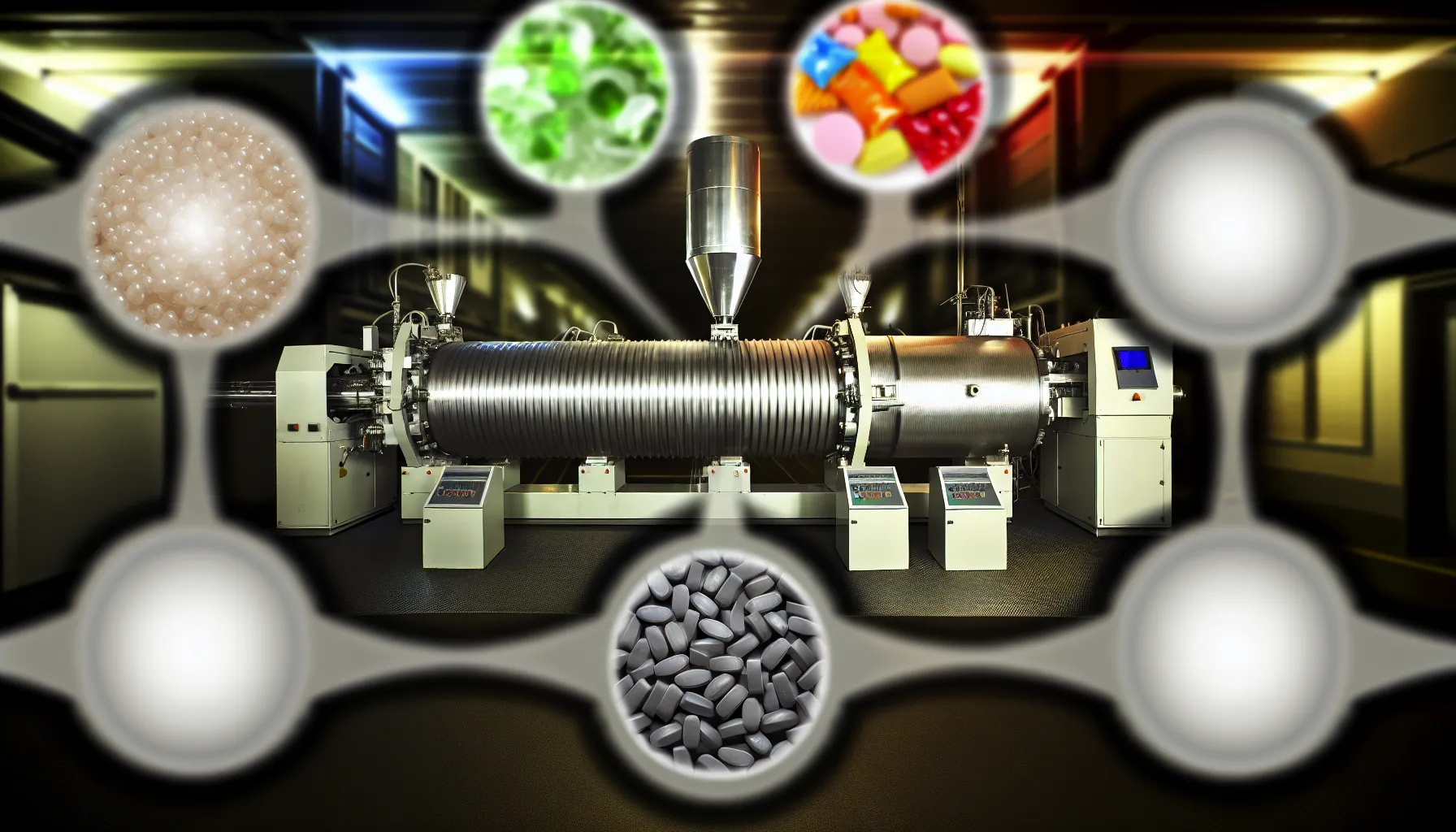
Versatility in the Plastics Industry
The plastics industry heavily relies on twin screw extruders1 for their unmatched ability to handle a wide range of polymers. These extruders allow for precise control over material properties, resulting in superior product quality. They excel in tasks such as compounding, where multiple materials are combined to achieve specific characteristics like increased strength or flexibility.
Advancements in the Food Sector
In the food industry, twin screw extruders are prized for their flexibility and efficiency in processing a variety of food products. From snacks to cereals, these machines ensure consistent texture and flavor by precisely controlling the cooking and shaping process. This capability is especially beneficial in producing gluten-free products, where exact mixing and processing are crucial.
Pharmaceutical Innovations
Pharmaceutical companies utilize twin screw extruders to improve the formulation of medicines. These extruders enable the continuous mixing and granulation of active ingredients and excipients, ensuring uniformity and efficacy of the final product. This is particularly important in creating controlled-release medications, where precise ingredient distribution is vital.
Chemical Processing Excellence
The chemical industry benefits from the efficient mixing and reaction capabilities of twin screw extruders. They facilitate the continuous production of polymers and resins by providing excellent control over temperature and shear forces, leading to more consistent product quality. This efficiency also extends to recycling processes, where twin screw extruders aid in transforming waste materials into valuable products.
| Industry | Key Benefits |
|---|---|
| Plastics | Precise control, superior compounding capabilities |
| Food | Consistent texture, ideal for gluten-free products |
| Pharmaceuticals | Uniform mixing, controlled-release medication |
| Chemicals | Efficient mixing, enhanced recycling processes |
Understanding the broad application and advantages of twin screw extruders can guide businesses in making informed decisions about integrating this technology into their operations.
Twin screw extruders are crucial in the plastics industry.True
They allow precise control over polymers, enhancing product quality.
Twin screw extruders have limited use in pharmaceuticals.False
They improve formulation by ensuring uniform mixing and efficacy.
How Do Twin Screw Extruders Enhance Material Processing?
Twin screw extruders revolutionize material processing by providing superior mixing and control, essential for complex manufacturing.
Twin screw extruders enhance material processing by offering precise control over temperature and shear, enabling consistent and efficient blending of materials. This precision facilitates the production of high-quality products with uniform properties, reducing waste and increasing throughput.
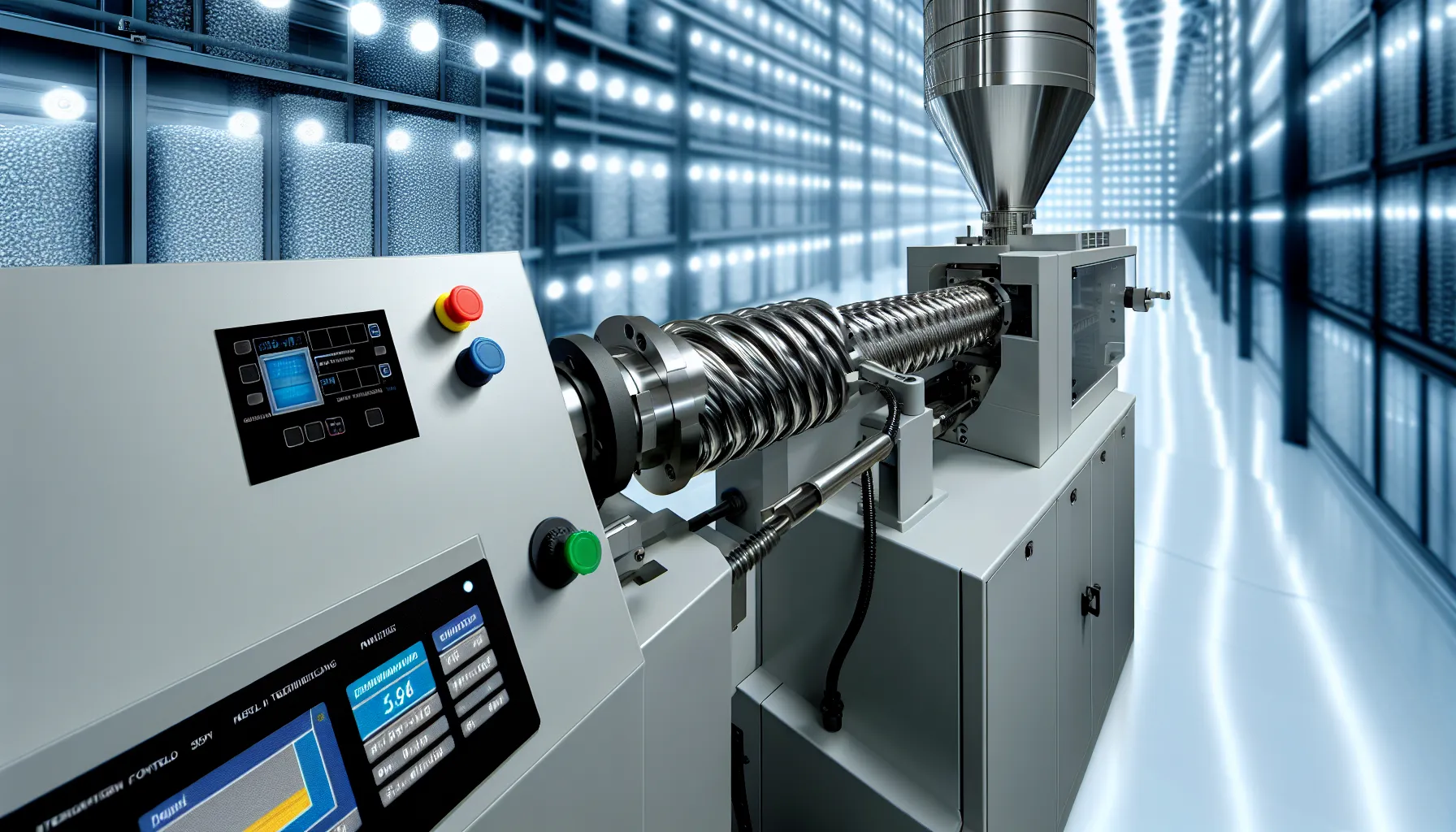
Precision in Temperature Control
One of the standout features of twin screw extruders is their ability to maintain consistent temperature levels throughout the processing cycle. This is crucial for industries dealing with sensitive materials2 like polymers or food products, where fluctuations in temperature can lead to defects or degradation. By ensuring uniform heat distribution, these extruders minimize material stress and improve product consistency.
Enhanced Mixing Capabilities
Twin screw extruders boast superior mixing capabilities due to their intermeshing screws, which facilitate thorough material blending. This is particularly beneficial for applications requiring the incorporation of additives, fillers, or colorants. Industries such as pharmaceuticals and plastics rely on this technology to achieve homogeneous mixtures essential for quality control.
Flexibility in Handling Various Materials
The adaptability of twin screw extruders is unmatched, allowing them to process a wide range of materials with different viscosities and characteristics. Whether dealing with high-viscosity polymers3 or low-density food products, these extruders can be tailored to meet specific processing requirements, offering unparalleled flexibility.
Improved Process Efficiency
Twin screw extruders can operate at higher speeds and with greater efficiency than their single screw counterparts. This increased efficiency translates to higher production rates and reduced cycle times, which are critical for industries aiming to enhance their output without compromising quality. The ability to fine-tune parameters such as screw speed and barrel pressure also contributes to optimized processing conditions, further boosting efficiency.
Twin screw extruders improve product consistency.True
Their precise temperature and shear control ensure uniform properties.
Single screw extruders offer better mixing than twin screw extruders.False
Twin screw extruders have superior mixing due to intermeshing screws.
What Are the Cost Implications of Switching to Twin Screw Extruders?
Switching to twin screw extruders can revolutionize your production, but what costs are involved?
Switching to twin screw extruders involves initial equipment costs, potential facility upgrades, and training expenses. However, long-term savings can be realized through enhanced efficiency and reduced waste.
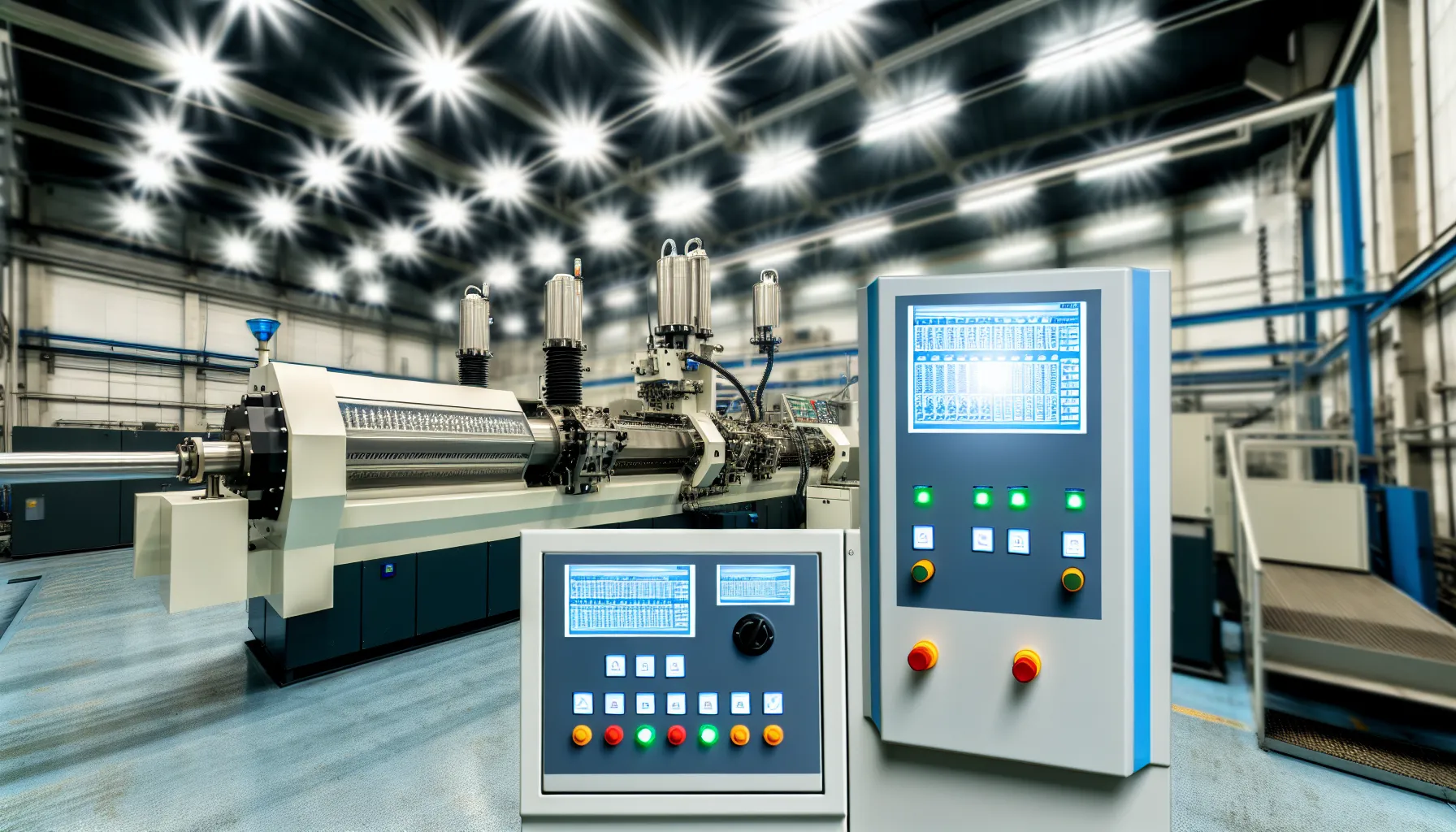
Initial Investment Costs
When considering the switch to twin screw extruders, one of the primary concerns is the initial cost outlay. Twin screw extruders tend to be more expensive than their single screw counterparts due to their advanced technology and capabilities. This includes not only the machinery itself but also potential installation expenses4 and any necessary infrastructure upgrades in your facility.
| Cost Component | Description |
|---|---|
| Equipment Purchase | Initial cost of acquiring twin screw extruders. |
| Installation & Setup | Expenses related to installing and setting up. |
| Facility Modifications | Changes needed in facilities to accommodate new tech. |
Operational Costs and Efficiency
While the upfront costs might seem daunting, it's crucial to consider the operational savings twin screw extruders can bring. These machines often lead to more efficient production processes, which translates into lower energy consumption and reduced material waste. The ability to finely control processing conditions can also minimize downtime and increase overall output quality.
For example, industries using twin screw extruders often report lower defect rates and less rework, translating into significant savings over time. Consider how improved process efficiencies5 can impact your bottom line by reducing the cost per unit of production.
Training and Workforce Implications
Another factor to weigh is the training required for your workforce. Employees will need to learn how to operate and maintain this more sophisticated equipment. This can mean additional costs in terms of training programs or hiring specialists, but these are typically offset by the gains in operational effectiveness and productivity.
Employers should also plan for a transitional period where both old and new systems might be running concurrently, which could temporarily increase labor costs.
Return on Investment (ROI)
Despite these initial and ongoing costs, many companies find that the switch to twin screw extruders offers a favorable return on investment. Increased efficiency, better quality control, and potential market expansion due to superior product offerings are compelling reasons for this shift.
Careful financial planning and a thorough understanding of your current production limitations can help in calculating a precise ROI assessment6 for adopting twin screw technology.
Twin screw extruders have higher initial costs than single screw.True
Twin screw extruders are more expensive due to advanced technology.
Switching to twin screw extruders does not require workforce training.False
Training is necessary for operating sophisticated twin screw machines.
Are There Any Limitations to Using Twin Screw Extruders?
While twin screw extruders offer numerous benefits, they aren't without their limitations. Understanding these can help optimize their use.
Twin screw extruders face limitations such as higher initial costs, complex maintenance needs, and potential energy inefficiency in certain applications. These factors can influence the decision-making process for manufacturers.
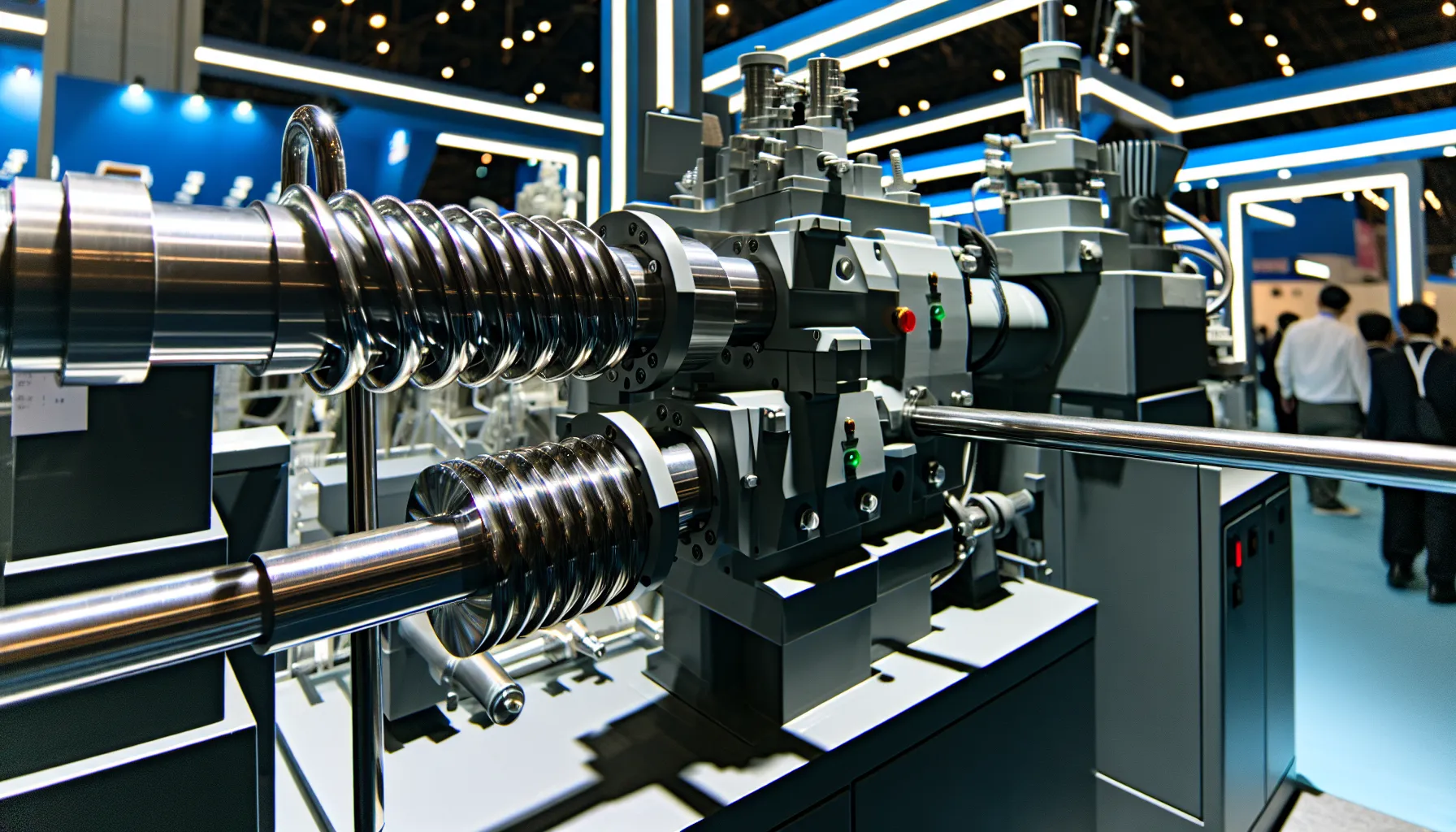
Higher Initial Investment
One of the most notable limitations of twin screw extruders is their higher initial cost compared to single screw alternatives. This can be a significant barrier for small or medium-sized enterprises looking to adopt this technology. The advanced engineering and precision components required in twin screw extruder design7 contribute to this increased expense.
Maintenance Complexity
The sophisticated design of twin screw extruders demands a higher level of maintenance expertise. Regular upkeep and part replacements are necessary to ensure optimal performance. Companies may need to invest in specialized training for their maintenance teams or hire external experts, potentially leading to increased operational costs. This complexity can sometimes lead to unexpected downtime8, affecting production schedules.
Energy Consumption Concerns
Although twin screw extruders are designed for efficiency, they can be more energy-intensive in certain processing scenarios. For example, when processing high-viscosity materials, the energy requirements might exceed those of simpler systems. Evaluating the energy efficiency9 in the context of specific applications is crucial for making informed decisions.
Application-Specific Limitations
Not all materials or processes benefit equally from twin screw technology. For example, certain high-volume, low-complexity manufacturing processes may not justify the investment due to the extruder's specialized capabilities not being fully utilized. In such cases, simpler systems may suffice without compromising quality.
Conclusion
Despite these limitations, twin screw extruders remain a powerful tool in manufacturing when applied correctly. By assessing the specific needs and capabilities of your production line, you can determine whether the benefits outweigh these challenges. Balancing cost, maintenance, and application suitability is key to optimizing your use of this technology.
Twin screw extruders have higher initial costs than single screws.True
Advanced engineering and precision components increase initial costs.
Twin screw extruders are always more energy-efficient than single screws.False
They can be less efficient with high-viscosity materials.
Conclusion
The choice of an extruder can transform your production process entirely. Twin screw extruders provide unmatched flexibility in mixing and processing, making them an invaluable investment for manufacturers focused on efficiency and quality.
Discover detailed industry applications of twin screw extruders.: In the food industry, twin screw extruders are utilized for processing and texturizing various food products, such as snacks, cereals, pet food, ... ↩
Discover how precise temperature control enhances product quality.: Various factors are considered to manage and control the melt temperature, including operating conditions and screw design. In this paper, emphasis will be ... ↩
Explore the adaptability of extruders for diverse material types.: Simulation of flow and mixing for highly viscous fluid in a twin screw extruder with a conveying element using parallelized smoothed particle hydrodynamics. ↩
Explore detailed costs associated with installing twin screw extruders.: Data Insights: On average, a basic twin-screw extruder starts at about $30,000, but ones having advanced configurations could easily go beyond ... ↩
Discover how twin screw extruders improve production efficiency.: It is highly valuable in the polymer industry due to its ability to produce high-quality products with improved performance and increased production efficiency. ↩
Understand how switching impacts ROI through efficiency gains.: Coperion is now offering an extremely cost-efficient high-performance twin screw extruder in best-practice design that is optimized for compounding engineering ... ↩
Explore detailed cost comparisons between twin and single screw extruders.: The structure of a twin screw extruder is complex and more expensive. A twin screw extruder is about twice as expensive as a single screw extruder. The ... ↩
Understand how maintenance affects production efficiency.: Preventing Downtime: Neglecting maintenance can lead to unexpected breakdowns, resulting in costly downtime. Scheduled maintenance, on the ... ↩
Learn about energy efficiency in different processing scenarios.: Energy efficiency has also become a key consideration with the latest machines including improved heat exchange systems and enhanced insulation ... ↩


